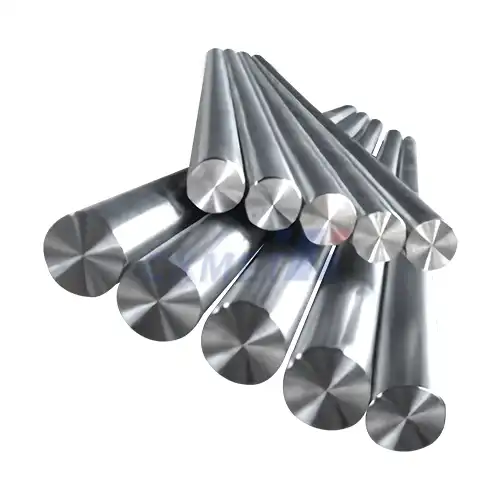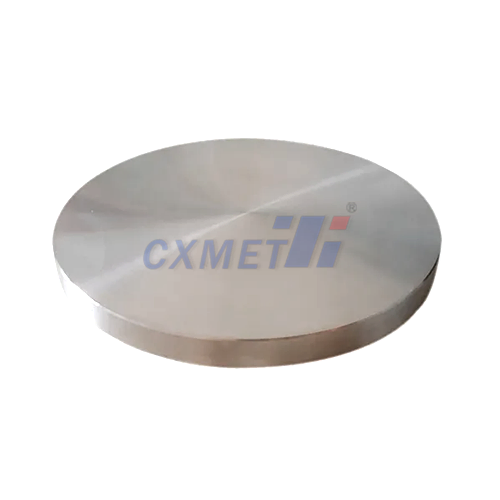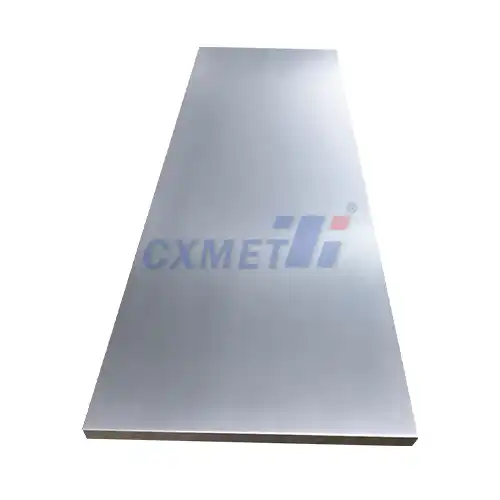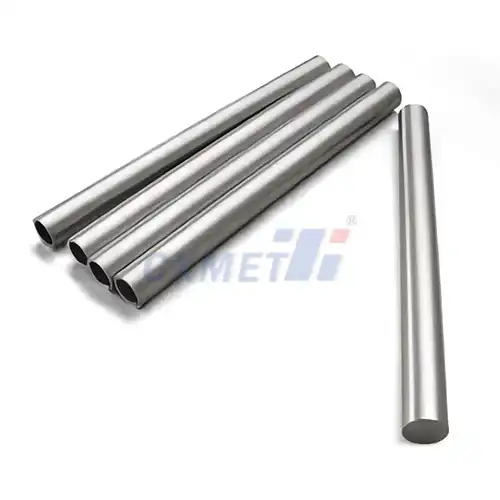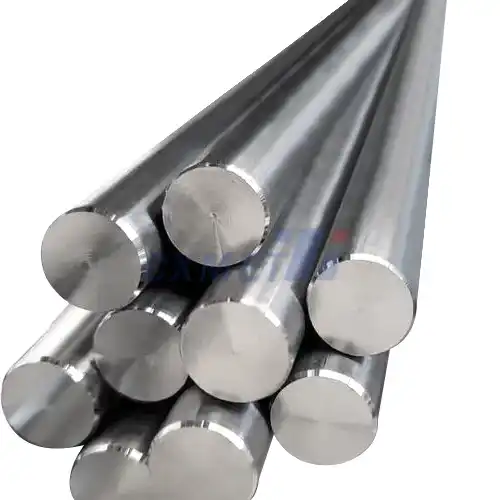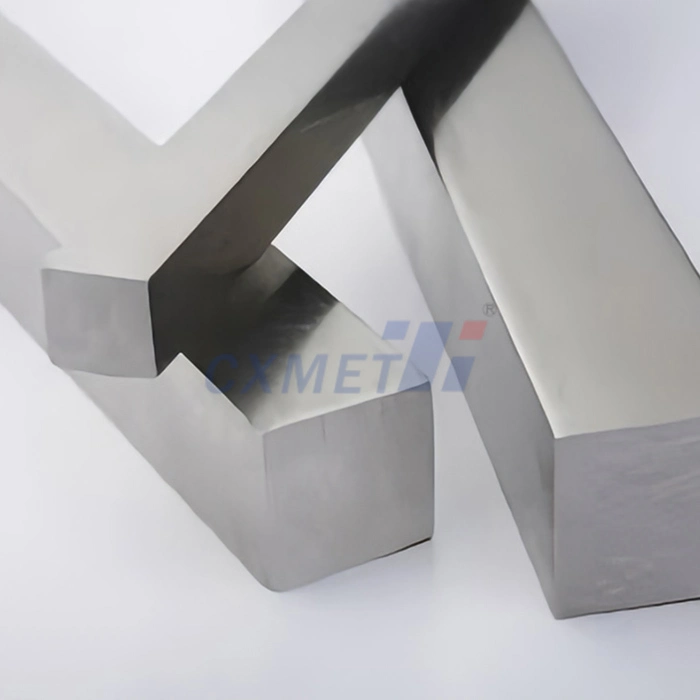- English
- French
- German
- Portuguese
- Spanish
- Russian
- Japanese
- Korean
- Arabic
- Greek
- German
- Turkish
- Italian
- Danish
- Romanian
- Indonesian
- Czech
- Afrikaans
- Swedish
- Polish
- Basque
- Catalan
- Esperanto
- Hindi
- Lao
- Albanian
- Amharic
- Armenian
- Azerbaijani
- Belarusian
- Bengali
- Bosnian
- Bulgarian
- Cebuano
- Chichewa
- Corsican
- Croatian
- Dutch
- Estonian
- Filipino
- Finnish
- Frisian
- Galician
- Georgian
- Gujarati
- Haitian
- Hausa
- Hawaiian
- Hebrew
- Hmong
- Hungarian
- Icelandic
- Igbo
- Javanese
- Kannada
- Kazakh
- Khmer
- Kurdish
- Kyrgyz
- Latin
- Latvian
- Lithuanian
- Luxembou..
- Macedonian
- Malagasy
- Malay
- Malayalam
- Maltese
- Maori
- Marathi
- Mongolian
- Burmese
- Nepali
- Norwegian
- Pashto
- Persian
- Punjabi
- Serbian
- Sesotho
- Sinhala
- Slovak
- Slovenian
- Somali
- Samoan
- Scots Gaelic
- Shona
- Sindhi
- Sundanese
- Swahili
- Tajik
- Tamil
- Telugu
- Thai
- Ukrainian
- Urdu
- Uzbek
- Vietnamese
- Welsh
- Xhosa
- Yiddish
- Yoruba
- Zulu
What are the Physical Properties of Titanium Grade 2 Round Bar?
2024-08-16 11:06:54
Titanium Grade 2 Round Bar is a versatile and widely used material in various industries due to its exceptional physical properties. This commercially pure titanium alloy offers an excellent combination of strength, corrosion resistance, and formability, making it a popular choice for applications ranging from marine equipment to chemical processing plants. In this blog post, we'll explore the key physical properties of Titanium Grade 2 Round Bar and answer some common questions about its characteristics and applications.
What are the mechanical properties of Titanium Grade 2 Round Bar?
Titanium Grade 2 Round Bar possesses impressive mechanical properties that contribute to its widespread use in various industries. This commercially pure titanium alloy offers a unique combination of strength, ductility, and toughness, making it suitable for a wide range of applications.
One of the most notable mechanical properties of Titanium Grade 2 Round Bar is its tensile strength. Typically, it exhibits a minimum tensile strength of 345 MPa (50 ksi), with actual values often ranging between 390-540 MPa (57-78 ksi). This strength-to-weight ratio is particularly advantageous in applications where weight reduction is crucial, such as in aerospace and automotive industries.
The yield strength of Titanium Grade 2 Round Bar is also impressive, with a minimum value of 275 MPa (40 ksi). This property ensures that the material can withstand significant loads without permanent deformation, making it ideal for structural applications and components subjected to stress.
Elongation is another critical mechanical property of Titanium Grade 2 Round Bar. With a minimum elongation of 20% in a 50 mm (2-inch) gauge length, this material demonstrates excellent ductility. This characteristic allows for easy forming and shaping during manufacturing processes, enabling the creation of complex parts and components.
The material's modulus of elasticity, approximately 105 GPa (15.2 x 10^6 psi), contributes to its stiffness and ability to resist deformation under applied loads. This property is particularly important in applications where dimensional stability is crucial, such as in precision instruments or medical implants.
Titanium Grade 2 Round Bar also exhibits good fatigue strength, which is essential for components subjected to cyclic loading. Its fatigue limit is typically around 300 MPa (43.5 ksi) for 10^7 cycles, ensuring long-term reliability in dynamic applications.
The material's impact strength is another noteworthy mechanical property. Titanium Grade 2 Round Bar demonstrates excellent toughness, with Charpy V-notch impact values typically exceeding 27 J (20 ft-lbs) at room temperature. This property makes it resistant to sudden failures and suitable for applications where impact resistance is crucial.
Additionally, Titanium Grade 2 Round Bar maintains its mechanical properties over a wide temperature range. It retains significant strength at elevated temperatures and remains ductile at cryogenic temperatures, making it suitable for use in extreme environments.
These mechanical properties, combined with its excellent corrosion resistance and biocompatibility, make Titanium Grade 2 Round Bar an ideal choice for various applications, including chemical processing equipment, heat exchangers, marine components, and medical implants.
How does Titanium Grade 2 Round Bar compare to other grades of titanium?
Titanium Grade 2 Round Bar is one of several commercially available titanium grades, each with its own set of characteristics and applications. Understanding how it compares to other titanium grades is essential for selecting the most appropriate material for specific engineering requirements.
When compared to other titanium grades, Titanium Grade 2 Round Bar stands out for its excellent balance of properties and cost-effectiveness. It is considered a commercially pure (CP) titanium, with a lower strength than alloyed grades but superior corrosion resistance and formability.
Titanium Grade 1 is the purest form of commercially available titanium and has slightly lower strength than Grade 2. While Grade 1 offers superior formability and ductility, Grade 2 provides a better balance of strength and workability, making it more versatile for a wider range of applications.
Titanium Grade 3 and Grade 4 are also CP titanium grades, but with incrementally higher strength levels due to increased oxygen content. Grade 2 sits between Grades 1 and 3 in terms of strength and ductility, offering a good compromise for many applications.
When compared to Titanium Grade 5 (Ti-6Al-4V), which is the most commonly used titanium alloy, Grade 2 has lower strength but better corrosion resistance and formability. Grade 5 is often preferred in high-strength applications, such as aerospace components, while Grade 2 is more suitable for applications prioritizing corrosion resistance and ease of fabrication.
Titanium Grade 7 and Grade 11 are palladium-enhanced versions of Grade 2 and Grade 1, respectively. These grades offer improved corrosion resistance in reducing environments but come at a higher cost. Grade 2 remains a more economical choice for many applications where the enhanced corrosion resistance of Grades 7 or 11 is not necessary.
In terms of weldability, Titanium Grade 2 Round Bar performs exceptionally well compared to other grades. It can be easily welded using various methods, including TIG, MIG, and resistance welding, without significant loss of properties in the heat-affected zone.
The corrosion resistance of Titanium Grade 2 is superior to many other metallic materials and comparable to higher-grade titanium alloys in most environments. It forms a stable, protective oxide layer that provides excellent resistance to a wide range of corrosive media, including seawater, organic compounds, and oxidizing acids.
When it comes to machinability, Titanium Grade 2 Round Bar is generally easier to machine than higher-strength titanium alloys. However, it still requires specific cutting tools and techniques due to its tendency to work harden and its low thermal conductivity.
In terms of cost, Titanium Grade 2 is generally more economical than higher-grade titanium alloys. This makes it an attractive option for applications that require the unique properties of titanium but don't necessarily need the higher strength of more expensive alloys.
The biocompatibility of Titanium Grade 2 is excellent, similar to other titanium grades. This property, combined with its corrosion resistance, makes it suitable for medical and dental implants, although Grade 5 is often preferred for load-bearing implants due to its higher strength.
Overall, Titanium Grade 2 Round Bar offers a unique combination of properties that make it suitable for a wide range of applications. Its balance of strength, corrosion resistance, formability, and cost-effectiveness positions it as a versatile material choice in comparison to other titanium grades.
What are the common applications of Titanium Grade 2 Round Bar?
Titanium Grade 2 Round Bar finds widespread use across various industries due to its unique combination of properties. Its excellent corrosion resistance, good strength-to-weight ratio, and biocompatibility make it an ideal material for numerous applications.
In the chemical processing industry, Titanium Grade 2 Round Bar is extensively used for the fabrication of reaction vessels, storage tanks, heat exchangers, and piping systems. Its exceptional resistance to corrosion in various chemical environments, including chlorine, salt solutions, and oxidizing acids, makes it an excellent choice for handling aggressive chemicals. The material's ability to withstand high temperatures and maintain its properties in harsh environments contributes to its popularity in this sector.
The marine industry is another significant consumer of Titanium Grade 2 Round Bar. Its outstanding resistance to seawater corrosion makes it ideal for manufacturing ship propeller shafts, pumps, valves, and other components exposed to marine environments. The material's light weight and high strength-to-weight ratio also contribute to improved fuel efficiency in marine vessels.
In the oil and gas industry, Titanium Grade 2 Round Bar is used for manufacturing various components, including downhole tools, wellhead equipment, and subsea structures. Its corrosion resistance in sour oil and gas environments, combined with its strength and durability, makes it an excellent choice for these demanding applications.
The aerospace industry also utilizes Titanium Grade 2 Round Bar, although to a lesser extent than higher-strength titanium alloys. It finds applications in non-structural components, fasteners, and brackets where its corrosion resistance and light weight are advantageous.
In the medical field, Titanium Grade 2 Round Bar is widely used for the production of surgical instruments, dental implants, and some orthopedic implants. Its biocompatibility, corrosion resistance, and ability to osseointegrate (bond with bone) make it an excellent material for these applications. While higher-strength titanium alloys are often preferred for load-bearing implants, Grade 2 remains popular for many medical devices and components.
The food processing industry also benefits from the properties of Titanium Grade 2 Round Bar. It is used in the construction of processing equipment, storage tanks, and piping systems where corrosion resistance and non-reactivity with food products are crucial.
In the pulp and paper industry, Titanium Grade 2 Round Bar is used for manufacturing various components exposed to corrosive chemicals and high temperatures. These include bleaching equipment, digester components, and valve bodies.
The automotive industry employs Titanium Grade 2 Round Bar in specialized applications where corrosion resistance and weight reduction are priorities. Examples include exhaust systems, suspension components, and various under-hood applications in high-performance vehicles.
In the power generation sector, particularly in nuclear power plants, Titanium Grade 2 Round Bar is used for heat exchanger tubes, condenser tubing, and other components where its corrosion resistance and heat transfer properties are beneficial.
Titanium Grade 2 Round Bar also finds applications in architectural and consumer products. It is used in building facades, roofing materials, and various decorative elements due to its durability and aesthetic appeal. In consumer products, it is used in high-end watches, eyeglass frames, and sporting goods.
The desalination industry utilizes Titanium Grade 2 Round Bar for manufacturing critical components such as heat exchangers, pumps, and valves. Its excellent resistance to saltwater corrosion and biofouling makes it an ideal material for these applications.
In summary, the versatility of Titanium Grade 2 Round Bar, stemming from its unique combination of properties, enables its use in a wide range of industries and applications. From corrosion-resistant chemical processing equipment to biocompatible medical implants, this material continues to play a crucial role in modern engineering and manufacturing.
At SHAANXI CXMET TECHNOLOGY CO., LTD, we take pride in our extensive product range, which caters to diverse customer needs. Our company is equipped with outstanding production and processing capabilities, ensuring the high quality and precision of our products. We are committed to innovation and continuously strive to develop new products, keeping us at the forefront of our industry. With leading technological development capabilities, we are able to adapt and evolve in a rapidly changing market. Furthermore, we offer customized solutions to meet the specific requirements of our clients. If you are interested in our products or wish to learn more about the intricate details of our offerings, please do not hesitate to contact us at sales@cxmet.com. Our team is always ready to assist you.
References:
1. ASTM International. (2021). ASTM B348 - Standard Specification for Titanium and Titanium Alloy Bars and Billets.
2. Lutjering, G., & Williams, J. C. (2007). Titanium (2nd ed.). Springer-Verlag Berlin Heidelberg.
3. Donachie, M. J. (2000). Titanium: A Technical Guide (2nd ed.). ASM International.
4. Boyer, R., Welsch, G., & Collings, E. W. (1994). Materials Properties Handbook: Titanium Alloys. ASM International.
5. Leyens, C., & Peters, M. (Eds.). (2003). Titanium and Titanium Alloys: Fundamentals and Applications. Wiley-VCH.
6. Peters, M., Hemptenmacher, J., Kumpfert, J., & Leyens, C. (2003). Structure and Properties of Titanium and Titanium Alloys. In C. Leyens & M. Peters (Eds.), Titanium and Titanium Alloys: Fundamentals and Applications (pp. 1-36). Wiley-VCH.
7. Schutz, R. W., & Watkins, H. B. (1998). Recent developments in titanium alloy application in the energy industry. Materials Science and Engineering: A, 243(1-2), 305-315.
8. Rack, H. J., & Qazi, J. I. (2006). Titanium alloys for biomedical applications. Materials Science and Engineering: C, 26(8), 1269-1277.
9. Titanium Industries. (2021). Titanium Grade 2 Properties. Retrieved from [Titanium Industries website]
10. AZoM. (2021). Titanium Alloys - Grade 2 (UNS R50400). Retrieved from [AZoM website]
